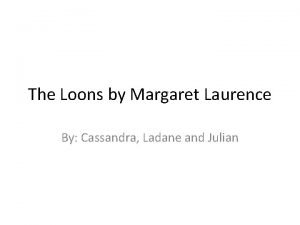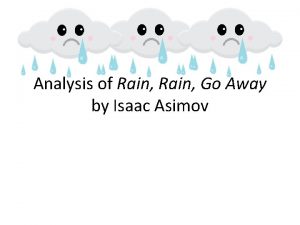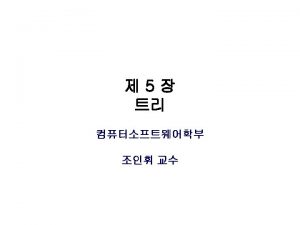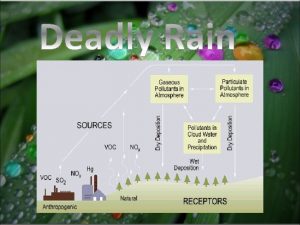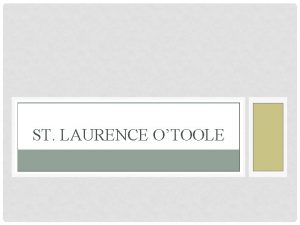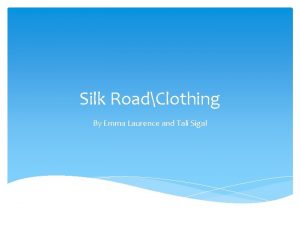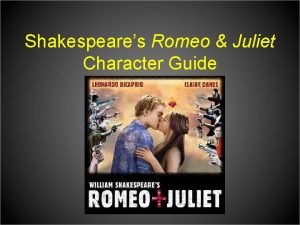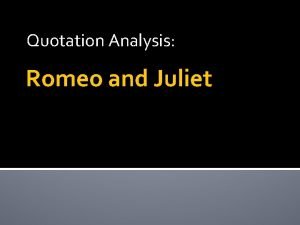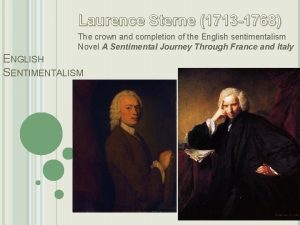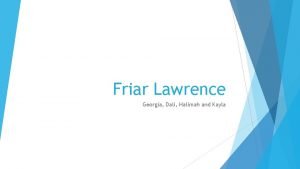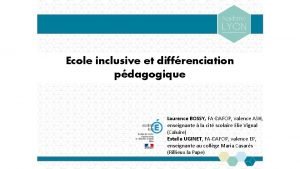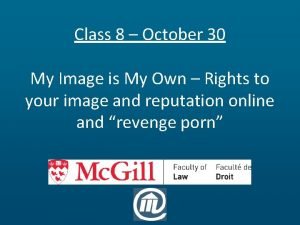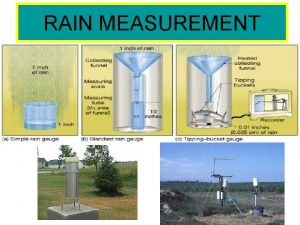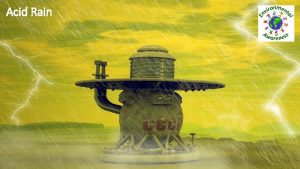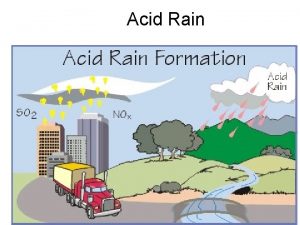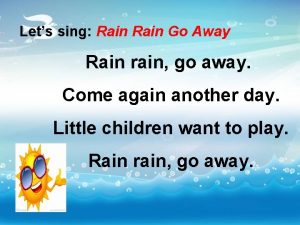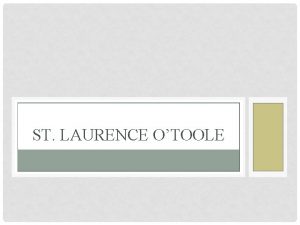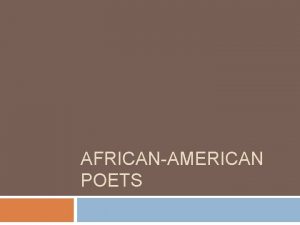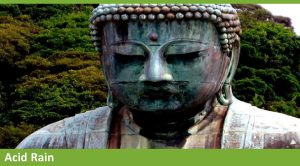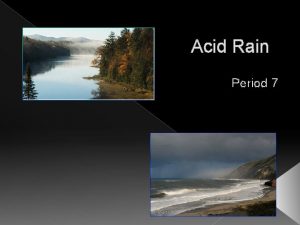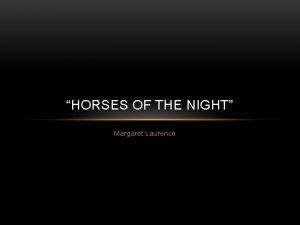The Rain Child Margaret Laurence Introduction Stephanie Margaret












- Slides: 12

The Rain Child Margaret Laurence

Introduction (Stephanie) ◎ Margaret Laurence 1926 Born in Neepawa, Manitoba on July 18 1944 took a scholarship at Winnipeg’s United College 1947 married Jack Lawrence 1950 move to Africa 1957 Gold Coast received its independence as the State of Ghana

◎ Margaret Laurence *Her early work revolved around her African experience E. g. 1945 A Tree For Poverty 1960 This Side Jordan 1963 The Tomorrow Tamer 1963 The Prophet’s Camel Bell *1964 The first Book of the Manawaka series was published *Recurrent themes in Lawrence’s earlier African stories: 1. Recognizing the power of tradition 2. Examining the nature of change

◎ Ghana *The major ethnic groups in Ghana include the Akan, Ewe, Mole-Dagbane, Gune, and Ga-Adangbe. The shared attributes contributed to state formation in the precolonial period. *Ethnicity is one of the most potent factors affecting political behavior In Ghana. *No part of Ghana is ethnically homogeneous. a. Urban centers-ethnically mixed b. Rural areas-traditional population distribution South: Money economy Western education , Christianity North: Islamic influence

Theme (Phyllis) ◎ Migration * Differences in culture, language, identity Diaspora * Rain Child 1. Origin 2. Meaning

First Generation (I) (Karina) ◎ Hilda Povey * Contrast to Nedden Fail to adapt herself to Africa, remains English-centered in her mind→ Outsider E. g. -- African parents unenlightened to her (273) -- angry about Nedden’s turning to teach Akan poetry (274) -- growing zinnia in her garden (276) -- not allow students join Odwira (284)

◎ Violet Nedden * More open-minded than Povey in some way -- give up teaching Daffodils and turn to teach Akan poetry (274) -- growing jungle lily in her garden (276) -- go along with the girls to join Odwira (284) *Her English-identity does not disappear from her mind -- the garden chair→ sign of Sceptre→ King / Queen -- sense of superiority over Africans *Her relation with the Children -- Ruth -- Kwaale -- Ayesha & Yindo

First Generation (II) (Lynx) ◎ Clare Mackie vs. Miss Nedden * Physical difference Quick / efficient (282) vs. Slow / lame * Position difference Manager vs. Missionary * Psychological difference Colonizer vs. Diaspora

◎ Dr. Quansah * Double (split) identity Western — food, dress (274), language (279~280) African — resents Europeans’ racism (283) * Diaspora 1. In London (283) 2. Returning home (284) 3. Anywhereafter (288)

Second Generation (I) (Sheena) ◎ Ruth -- In class -- Her relationship with classmates -- The transfer of power (ex: toffee) -- Ruth’s changes from the beginning to the end -- Ruth in Bible ◎ Yindo -- Background -- Chameleon (280) -- Helpless (287)

Second Generation (II) (Cicily) ◎ David – Ruth (relationship) (282~283) David – first person David’s denial (286) ◎ Ayesha -- Diaspora (in Africa) -- Experience (279) -- Self –protection (278) -- Ayesha & Yindo (language) (280) -- The search of Ruth (286~287) ◎ Kwaale -- influence from first generation father (277) -- ritual (285)

Conclusion (Dana) Q 1 Compare Abeng and “Sugar Cane Alley” with The Rain Child. Q 2 What does the last sentence “…I think of that island of grey rain where I must go as a stranger, when the time comes, while others much remain as strangers here. ” mean?
